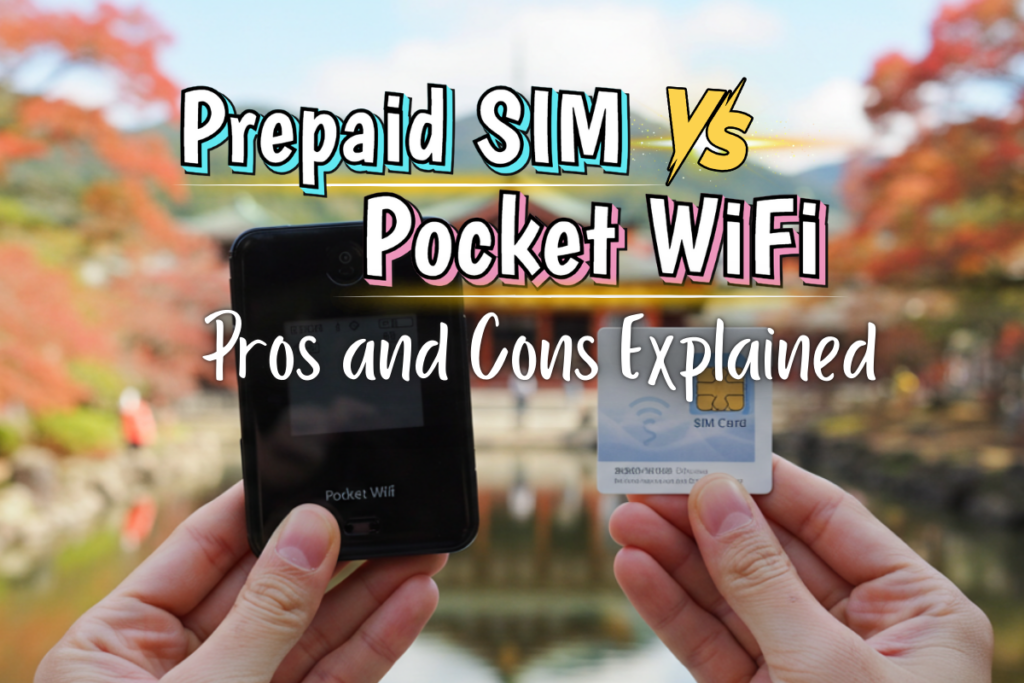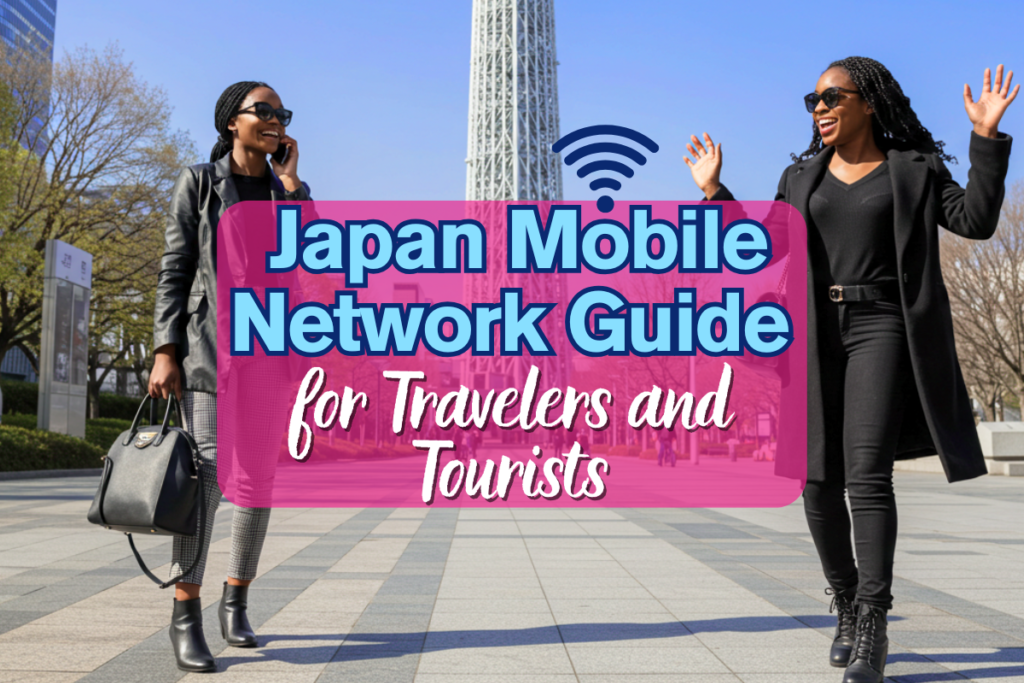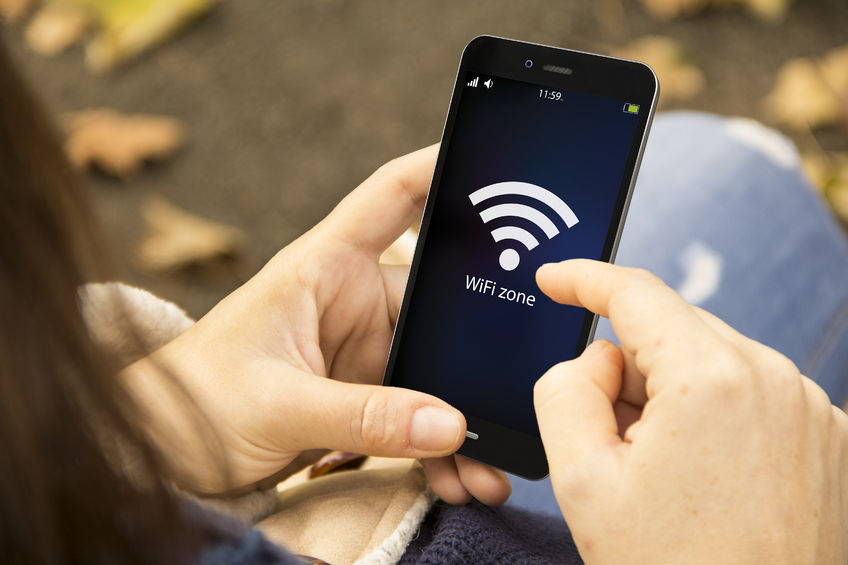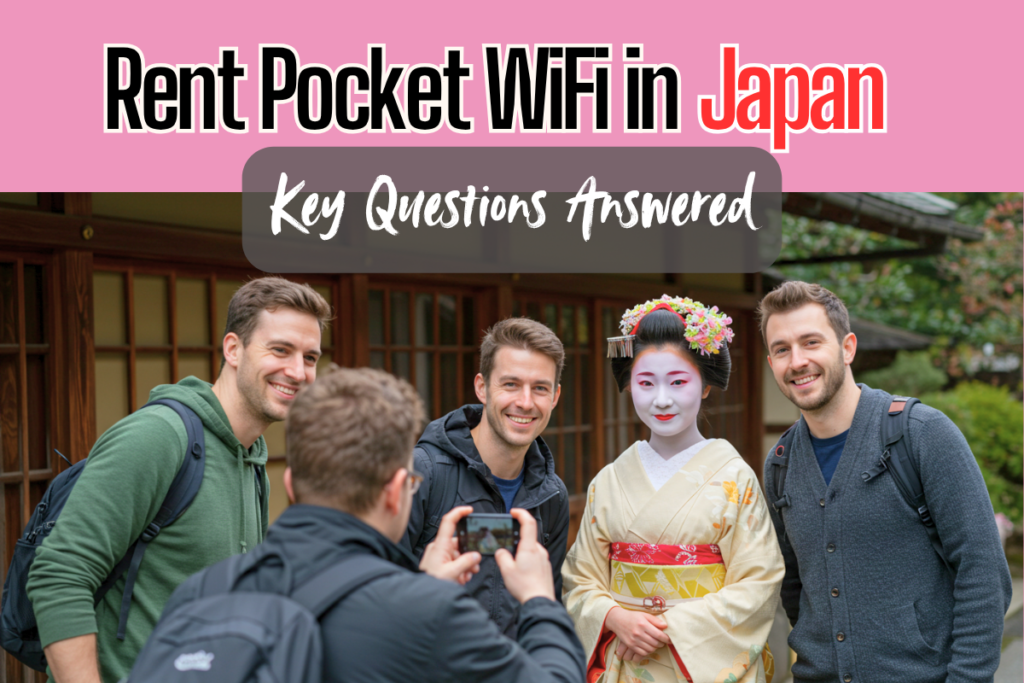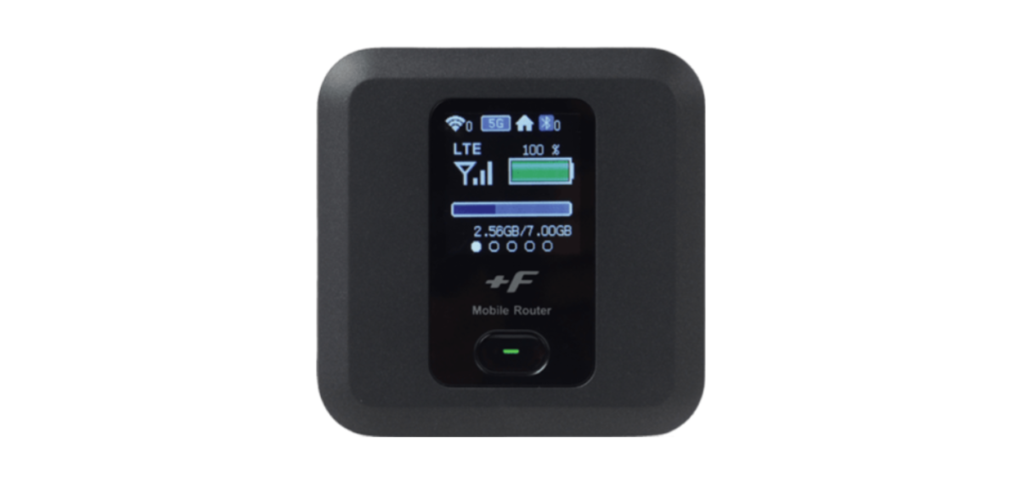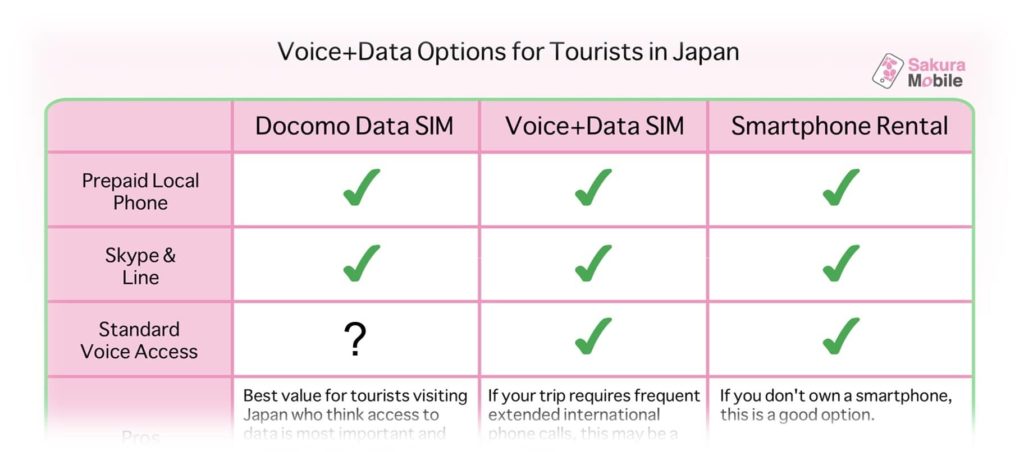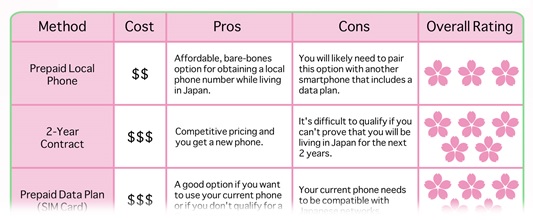Japan is known for its advanced mobile technology, offering fast and reliable connections that make it easy to stay connected no matter where you are. With a mix of 4G LTE and the growing presence of 5G, Japan’s mobile networks are among the best in the world, ensuring smooth connectivity throughout your trip.
For international travelers, choosing the right mobile solution is important. With options like physical SIM cards, eSIMs, and Pocket WiFi, it’s essential to understand how each option works so you can stay connected without any headaches. Whether you’re in Japan for a short visit or a longer stay, having the right plan will make your time here a lot more convenient.
Japan’s 5G network is rapidly expanding, offering even faster speeds and improved reliability. With this shift, travelers can enjoy quicker downloads and better overall performance when connecting on the go.
READ MORE

